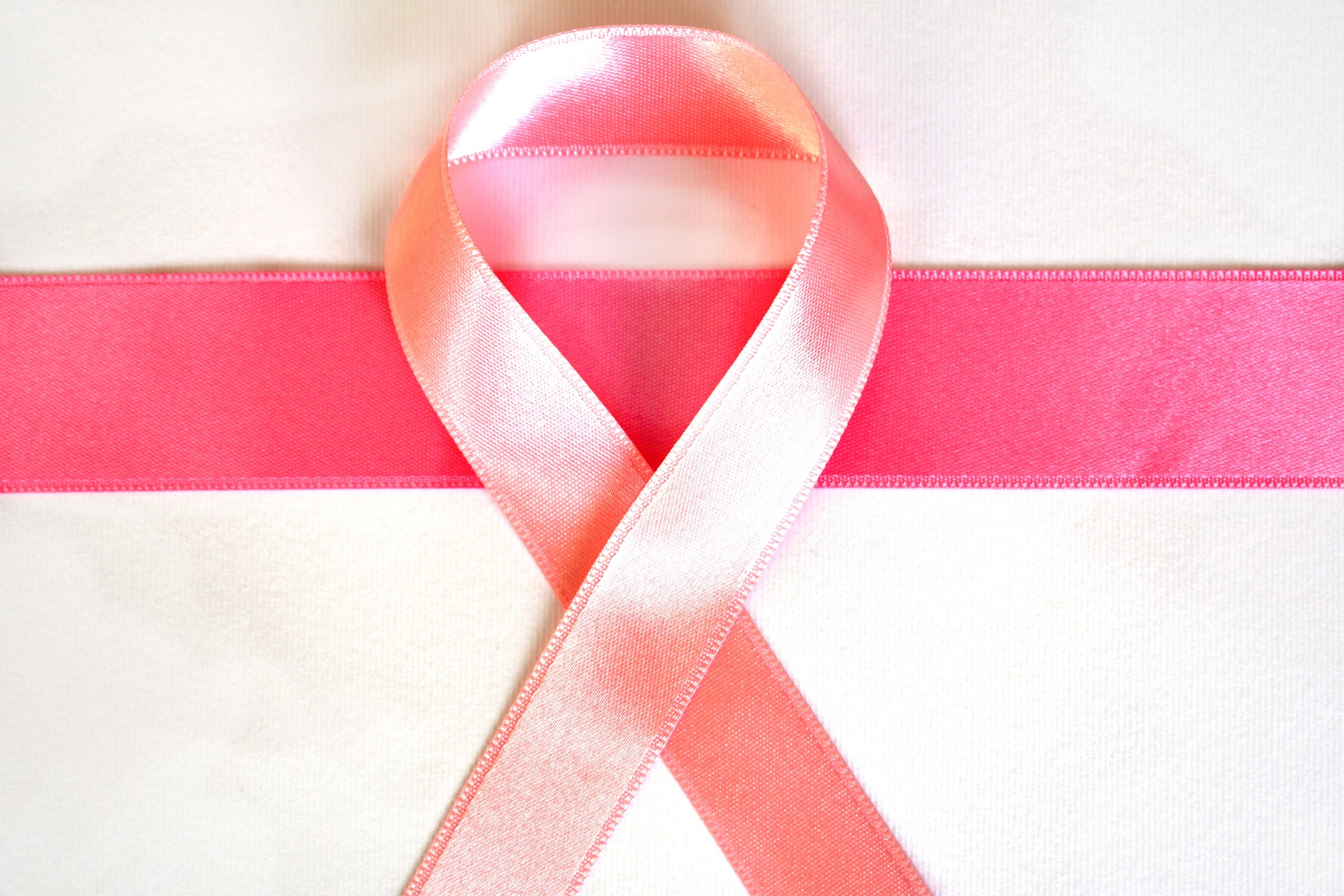It’s estimated that in 2019, over 1,000,000 new cancer cases will be diagnosed in the USA alone. With so many new cases, it’s likely the Cancer will affect someone you know. It’s important to support a loved one with Cancer to help them through. Here’s how you can offer helpful support.

Image – free for commercial use.
A friend with Cancer will need help coming to terms with their illness, and with more practical day to day needs. Cancer treatment and drugs like Hydroxyurea, while effective, can leave patients feeling drained and nauseous, meaning they might need some help with daily needs
Learn about their diagnosis. It’s likely that your friend doesn’t want to repeat themselves over and over, explaining something that it likely very hard to talk about. If you do your own research to help you understand, you’re taking that pressure off them.
Offer to help with practical things. If your friend is finding Chemotherapy or other treatments hard-going, what can you do to help them rest? Could you offer to pick their children up from school, walk their dog or to drop in groceries occasionally? Bringing them home-cooked meals that can go in the freezer for days when cooking seems too exhausting is also a kind gesture, so your friend can still get nourishing meals without needing to cook. Dishes like lasagna or chilli are easy to freeze in portions. If you do offer to help, make sure you follow through and actually give the help you offered.
Be a listening ear. Don’t push your friend to talk if they don’t want to, but gently let them know you have an ear available and a shoulder to cry on should they feel they need it. If they take you up on the offer, don’t try to offer advice. Just let them talk and say what they need to get off their chest. Check in regularly with a scheduled phone call, to see how things are going, but make sure you make it clear that your friend doesn’t have to answer if they don’t feel like talking.
Think about what you say. Don’t try to claim you know how they feel. Even if you’ve been through Cancer yourself, everyone feels different. Instead, ask what they’re planning to do and ask how you can help. Let them know that you love them and are thinking of them and want to help. Don’t pressure them to talk though.
When you’re together, try to behave as you normally would. Being treated with kid gloves won’t make your friend feel better, but some normality might. Keep joking together and chatting about what you usually would, whether that’s a book you recently read or what happened on your favorite TV show last night.
Make plans for the future. Having things to look forward to can help a Cancer patient feel more positive, even when treatment is making them feel tired and awful. Don’t be afraid to make plans together, even if your friend is very sick.


